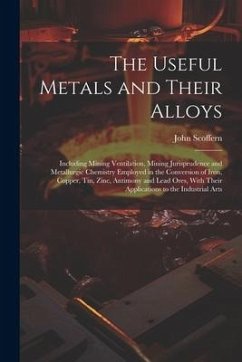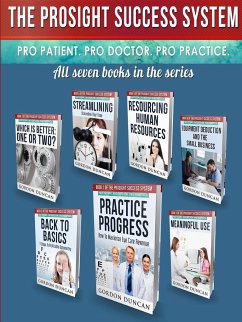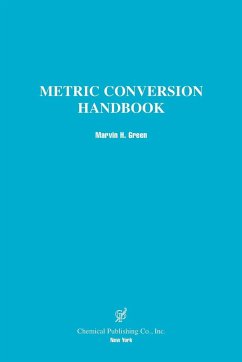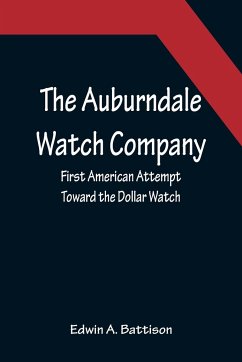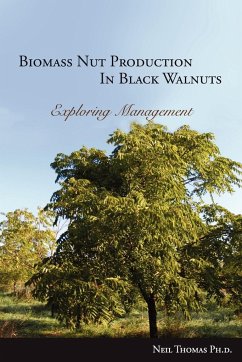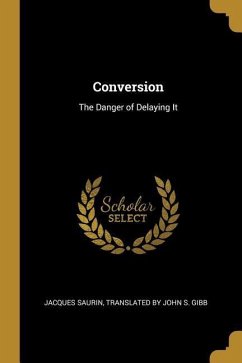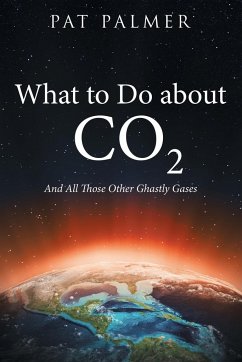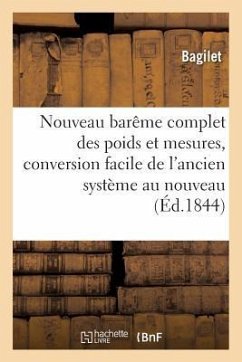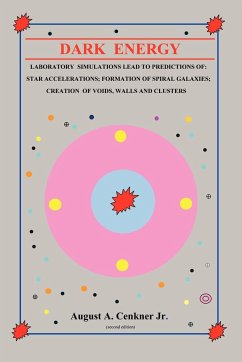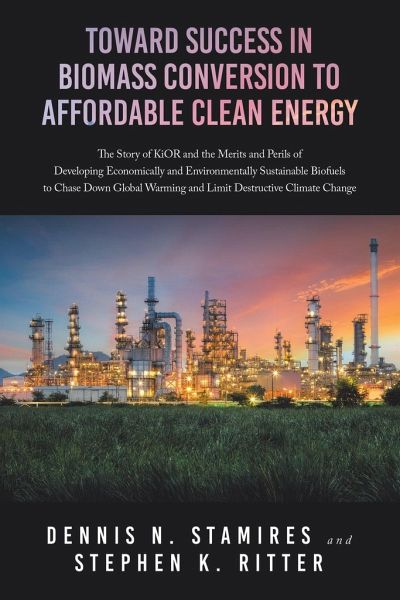
Toward Success in Biomass Conversion to Affordable Clean Energy
The Story of KiOR and the Merits and Perils of Developing Economically and Environmentally Sustainable Biofuels to Chase Down Global Warming and Limit Destructive Climate Change
Versandkostenfrei!
Versandfertig in 1-2 Wochen
19,99 €
inkl. MwSt.
Weitere Ausgaben:

PAYBACK Punkte
10 °P sammeln!
Toward Success in Biomass Conversion to Affordable Clean Energy highlights the history of KiOR, a startup bioenergy company that sought to become a commercial success ... but failed. Starting in 2007, until declaring bankruptcy in 2014, KiOR spent close to $1 billion to prove that single-reactor thermocatalytic conversion of organic materials such as wood chips, grasses, and even waste plastics to transportation fuels using conventional oil-refinery catalyst processing is not scalable to commercial-size plants, and in fact is not economically feasible using current technology. This case study ...
Toward Success in Biomass Conversion to Affordable Clean Energy highlights the history of KiOR, a startup bioenergy company that sought to become a commercial success ... but failed. Starting in 2007, until declaring bankruptcy in 2014, KiOR spent close to $1 billion to prove that single-reactor thermocatalytic conversion of organic materials such as wood chips, grasses, and even waste plastics to transportation fuels using conventional oil-refinery catalyst processing is not scalable to commercial-size plants, and in fact is not economically feasible using current technology. This case study provides historical perspective and insights on government oversight of transportation fuels, development of refinery catalyst technology, and criteria for developing sustainable commercial-scale biomass-to-fuels technologies. Along the way, the authors, who are experts in catalyst and refinery processes as well as environmental sustainability and natural resource management, propose feasible solutions to help alleviate catalyst and other technology limitations in biomass conversion. Their intent is to help science and engineering researchers, business leaders, investors, government officials, and the general public negotiate the challenges of using biomass crops, waste wood and other plant materials, and waste plastics to create a sustainable supply of clean and affordable energy, transportation and heating fuels, and specialty chemicals on a global scale while helping protect the environment.





